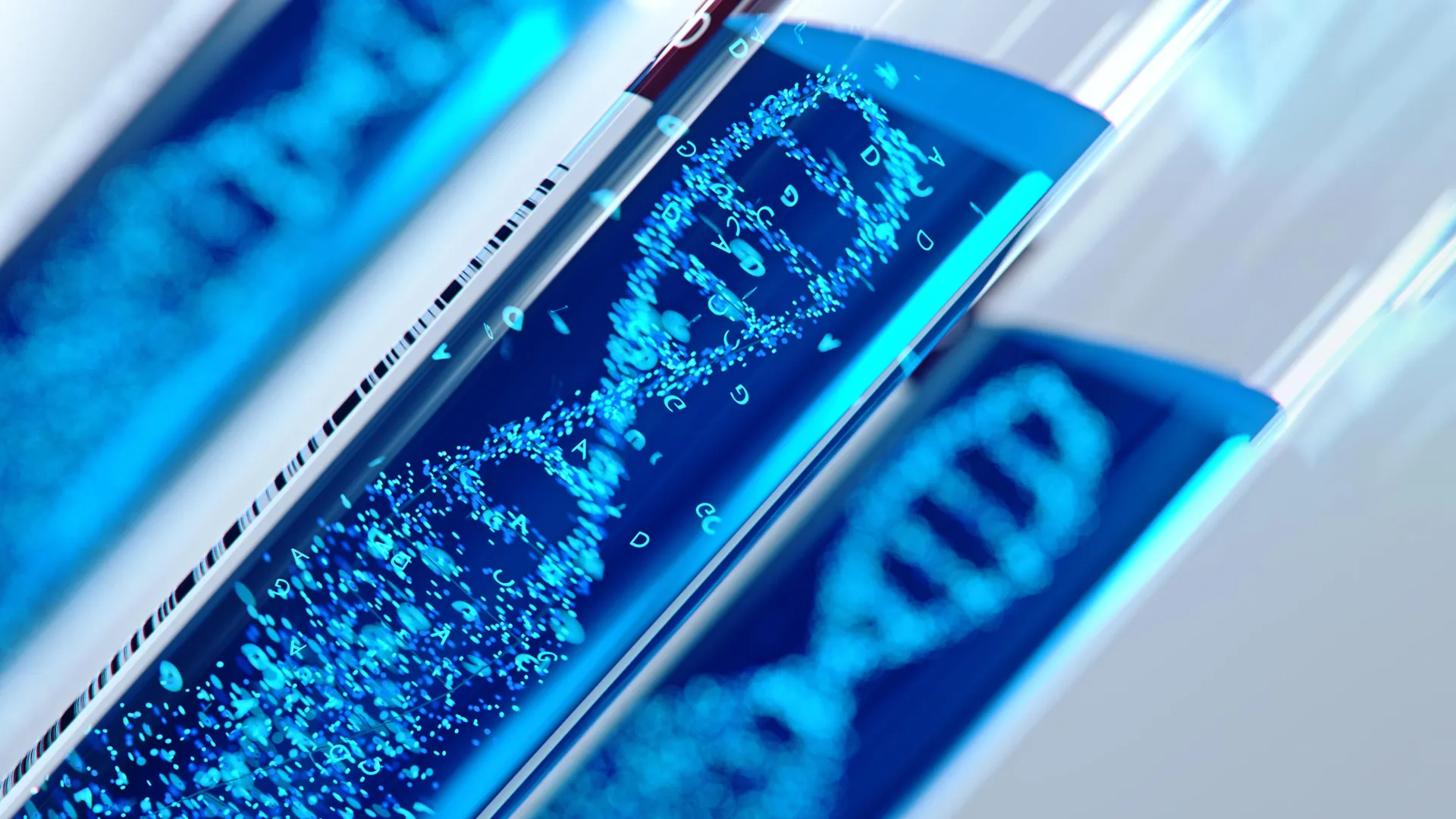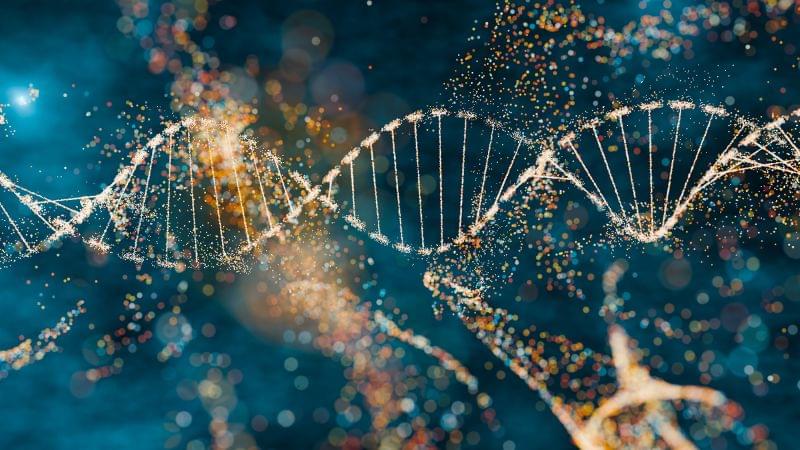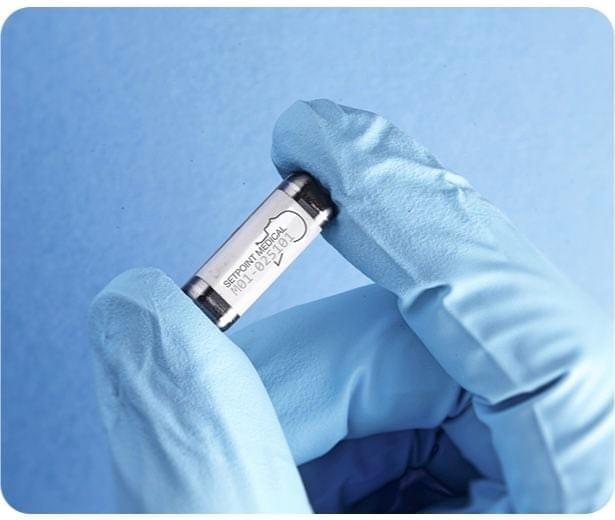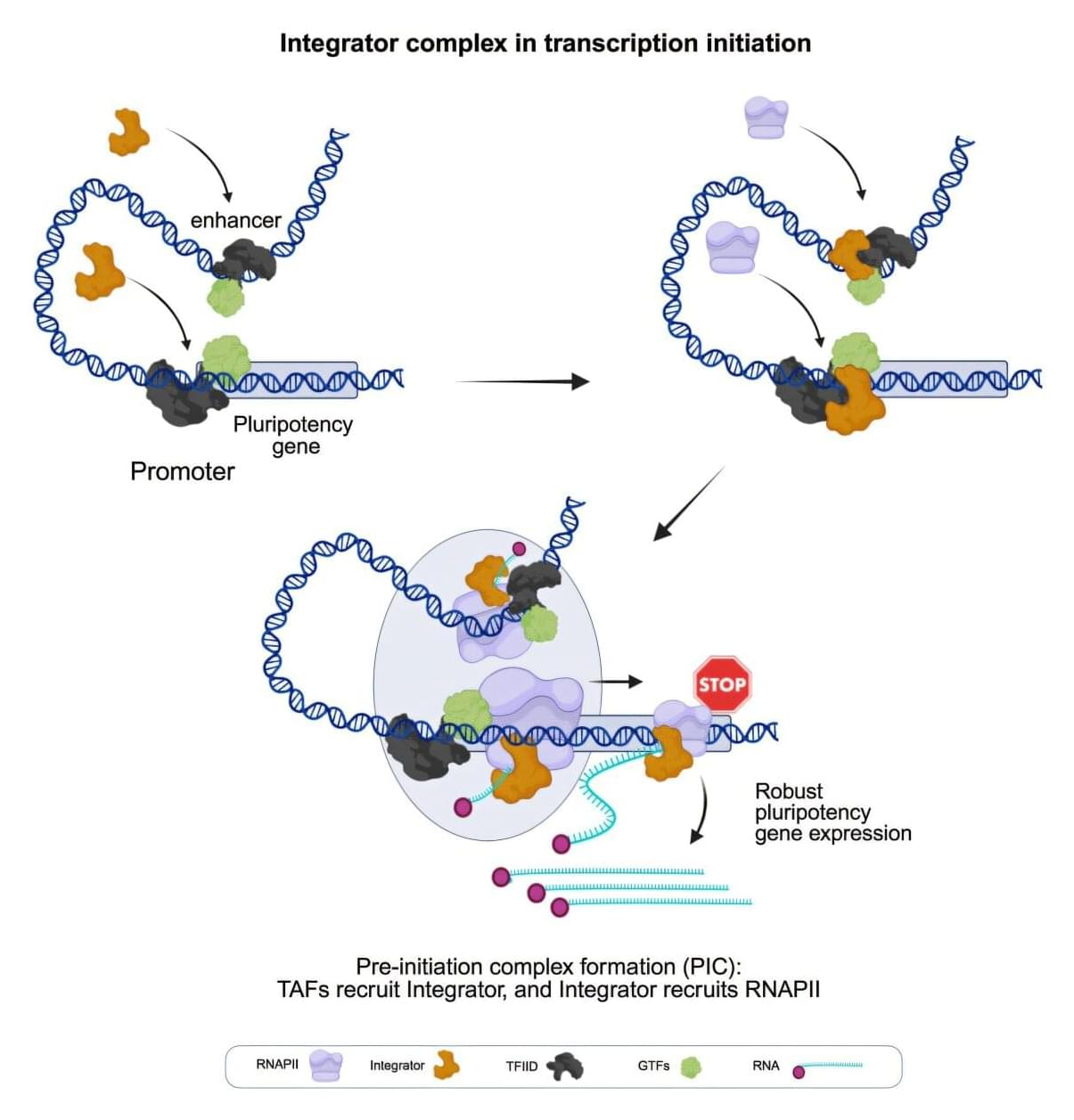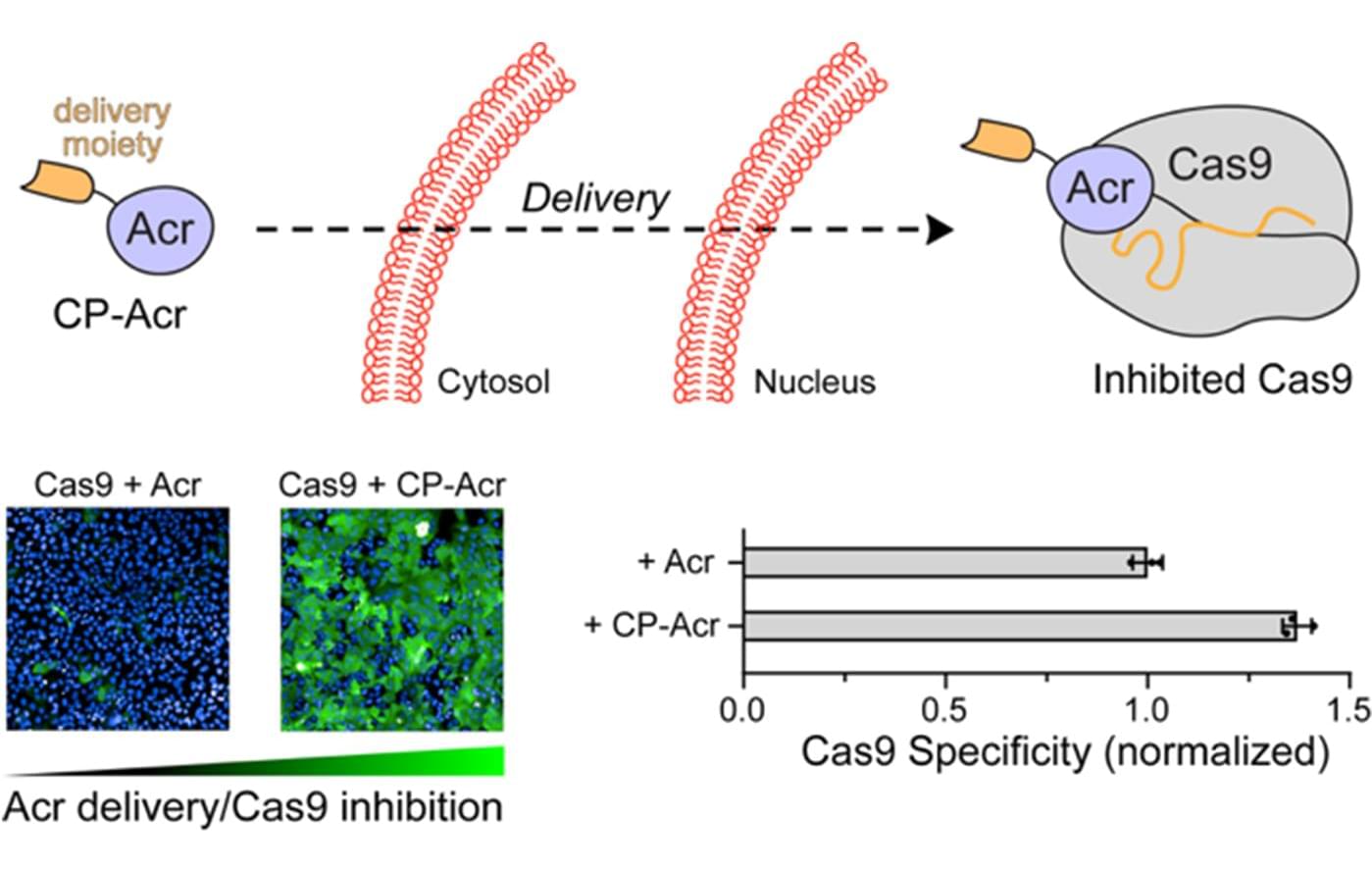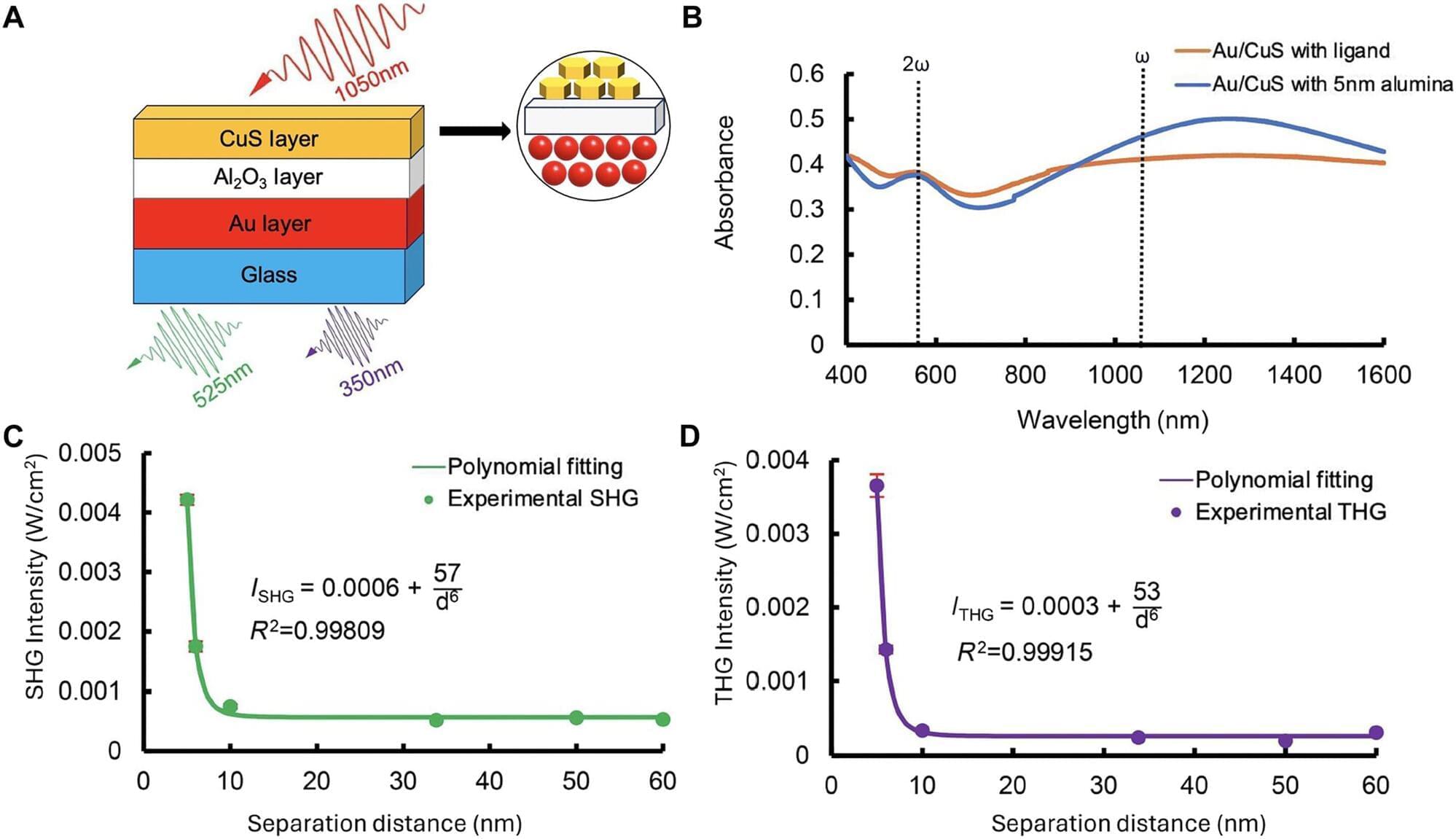The FDA’s recent approval of the first CRISPR-Cas9–based gene therapy has marked a major milestone in biomedicine, validating genome editing as a promising treatment strategy for disorders like sickle cell disease, muscular dystrophy, and certain cancers.
CRISPR-Cas9, often likened to “molecular scissors,” allows scientists to cut DNA at targeted sites to snip, repair, or replace genes. But despite its power, Cas9 poses a critical safety risk: the active enzyme can linger in cells and cause unintended DNA breaks—so-called off-target effects—which may trigger harmful mutations in healthy genes.
Now, researchers in the labs of Professor Ronald T. Raines (MIT Department of Chemistry) and Professor Amit Choudhary (Harvard Medical School) have engineered a precise way to turn Cas9 off after its job is done—significantly reducing off-target effects and improving the clinical safety of gene editing. Their findings are detailed in a new paper published this week in the Proceedings of the National Academy of Sciences (PNAS).
Researchers used cells that glow green due to a green fluorescent protein (GFP) gene. If Cas9 is working, it disrupts the GFP gene and the cells stop glowing. If LFN-Acr blocks Cas9, the cells keep glowing. These images depict cells in different conditions: some with active Cas9 (which stopped the green glow), some with Cas9 and LFN-Acr (glow stayed on).
Image courtesy of the researchers.
